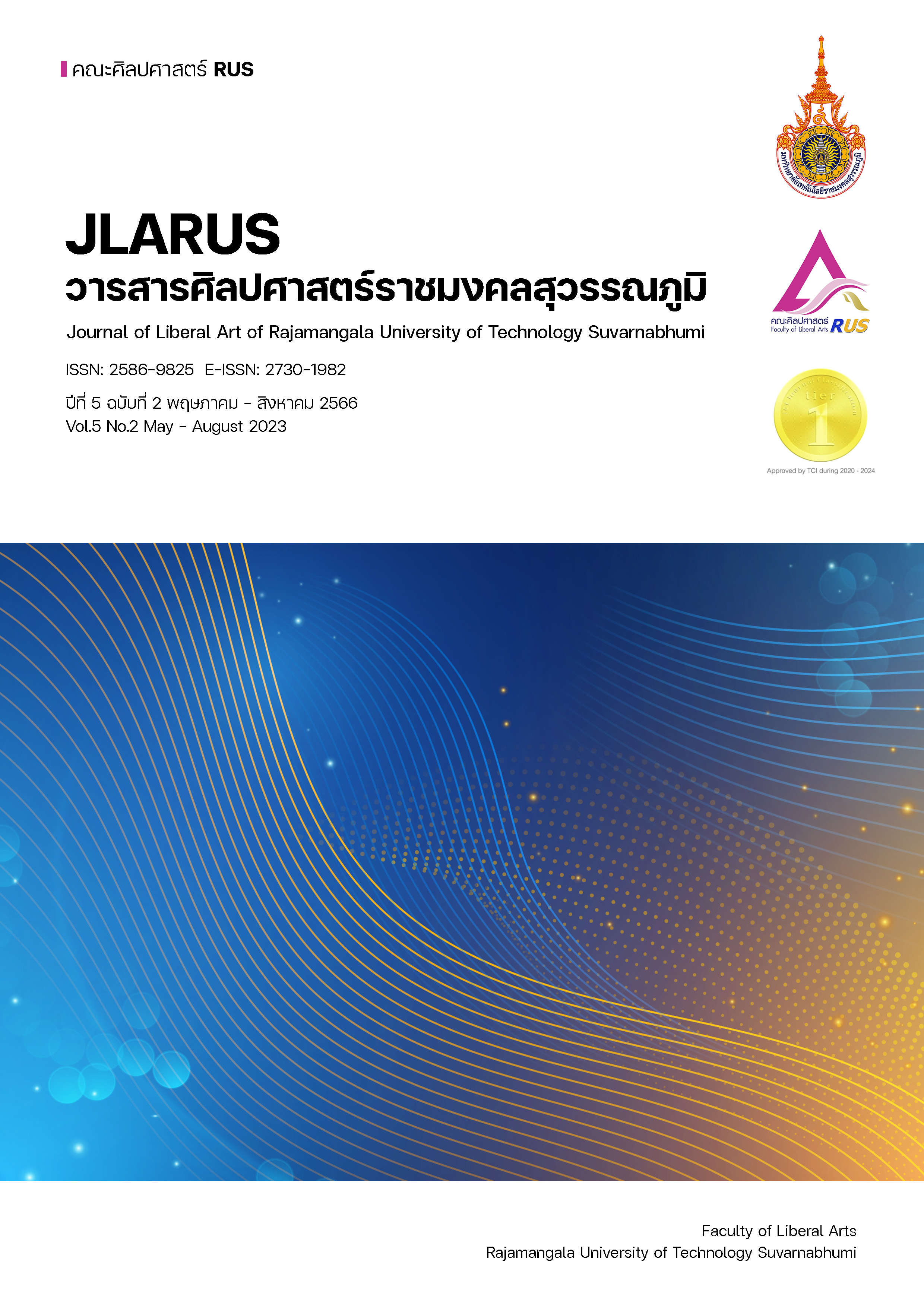COMPARATIVE ANALYSIS OF CRIMINAL INVESTIGATION ROLES: INQUIRY OFFICERS AND PUBLIC PROSECUTORS IN JAPAN, SOUTH KOREA AND INDIA
Main Article Content
Abstract
This research article aimed to compare the roles of inquiry officers and public prosecutors in criminal investigations in Japan, South Korea, and India. This study employed documentary research to examine secondary data from reliable sources in both Thai and English. Content analysis was conducted to facilitate a comparative analysis between the three countries.
The research results were found as follows: 1) inquiry officers in the Japanese and Indian criminal justice systems assumed the primary responsibility in the criminal investigation process. In these countries, public prosecutors primarily provided guidance and assistance to the inquiry officers, particularly in evidence collection. Conversely, the South Korean criminal justice system had been predominantly led by public prosecutors, with support from inquiry officers. 2) In the Japanese and Indian criminal justice systems, inquiry officers were obligated to collect evidence and file criminal case reports to the public prosecutors upon discovering or receiving information about new criminal cases. Japanese public prosecutors possessed the authority to independently and lawfully issue prosecution or non-prosecution orders and conduct investigations. Meanwhile, Indian public prosecutors produced a final report as a prosecution order, subsequently delivered to the court by the inquiry officers for further proceedings. In South Korea, on the contrary, the criminal investigation process began once the inquiry officers apprehended an alleged offender. Accordingly, the inquiry officers conducted investigations and gathered evidence as much as possible. South Korean public prosecutors were also involved in the process from the initial stage, recording testimonies that contributed to an accurate and comprehensive criminal case report before issuing a prosecution or non-prosecution order.
Article Details

This work is licensed under a Creative Commons Attribution-NonCommercial-NoDerivatives 4.0 International License.
References
กฤษณพงศ์ พูตระกูล. (2564). วิเคราะห์ (ร่าง) พระราชบัญญัติการสอบสวนคดีอาญา พ.ศ. ... . สถาบันพระปกเกล้า. ใน รายงานการวิจัย. สืบค้น 4 กันยายน 2564. จาก https://kpi.ac.th/ uploads/pdf/hSm1AH2qbSHKO3M9KwQuQ7Hbt6Oc5FJzCiZOhMyn.pdf.
กรมสอบสวนคดีพิเศษ. (2559). การสำรวจความเชื่อมั่นของสาธารณชนต่อผลงานของกรมสอบสวนคดีพิเศษ ประจำปี 2558. กรุงเทพมหานคร: อรุณการพิมพ์.
กิตติพงษ์ กิตยารักษ์. (2550). ความรู้เบื้องต้นเกี่ยวกับตำรวจต่างประเทศ. กรุงเทพมหานคร: คณะกรรมการพัฒนาระบบงานตำรวจ กระทรวงยุติธรรม.
พรรณชฎา ศิริวรรณบุศย์ และคณะ. (2557). เอกสารสรุปผลการศึกษาและข้อเสนอแนะเชิงนโยบาย : การปฏิรูปงานสอบสวนตำรวจ : จะทำให้ประชาชนเชื่อมั่นในความเป็นอิสระมีประสิทธิภาพ เป็นมืออาชีพได้อย่างไร. กรุงเทพมหานคร: มูลนิธิเอเชีย.
พรรณชฎา ศิริวรรณบุศย์ และคณะ. (2565). บทบาทพนักงานอัยการในการสอบสวนคดีเพื่อการถ่วงดุลในกระบวนการยุติธรรมทางอาญา: จากปัจจุบันสู่อนาคต. ใน รายงานการวิจัย. นครปฐม: คณะสังคมศาสตร์และมนุษยศาสตร์ มหาวิทยาลัยมหิดล.
พรรณชฎา ศิริวรรณบุศย์. (2559). แนวทางการปฏิรูประบบงานสอบสวนของตำรวจไทย. วารสารสังคมศาสตร์, 46(2), 131-146.
พรรณชฎา ศิริวรรณบุศย์. (2559). แนวทางการปฏิรูประบบงานสอบสวนของตำรวจไทย. ใน รายงานการวิจัย. นครปฐม: คณะสังคมศาสตร์และมนุษยศาสตร์ มหาวิทยาลัยมหิดล.
ศิระ บุญภินนท์. (2555). กระบวนการยุติธรรมทางอาญาของประเทศญี่ปุ่น. ใน ณัฐฐ์วัฒน์ สุทธิโยธิน(บรรณาธิการ). ประมวลสาระชุดวิชาการบริหารงานยุติธรรมเปรียบเทียบขั้นสูง. หน่วยที่ 6-10 (หน้า 9-6 – 9-29). นนทบุรี: โรงพิมพ์มหาวิทยาลัยสุโขทัยธรรมธิราช.
สันติ ผิวทองคำ. (2564). ระบบสอบสวนคดีอาญาในบทบาทพนักงานสอบสวนที่เหมาะสมกับประเทศไทย. วารสารนิติศาสตร์ มหาวิทยาลัยธรรมศาสตร์, 50(3), 314-350.
หริส เสรีวิสัย. (2566). ปัญหาการจำกัดอำนาจการสอบสวนของพนักงานสอบสวน ฝ่ายปกครองกระทรวงมหาดไทย. วารสารมหาจุฬานาครทรรศน์, 10(1), 162-181.
COP’S Magazine. (2560). อัยการเข้าควบคุมการสอบสวนแต่ต้นศึกษาและตีความผลสัมฤทธิ์ในญี่ปุ่น. สืบค้น 30 มิถุนายน 2566. จาก https://www.cops-magazine.com/topic/8593/.
Chisholm, N. (2021, January 15). How Prosecutorial Independence is Lost: An Empirical Look Inside South Korea’s Bureaucratically Organized Prosecution. Retrieved January 9, 2022 from https://ssrn.com/abstract=3766683.
Lee, J. S. (n.d.). The Characteristics of The Korean Prosecution System and the Prosecutors, Direct Investigation. Retrieved January 17, 2022 from https://www.unafei.or.jp/publications/pdf/RS_No53/No53_13VE_Soo.pdf.
Pyo, H. K. & Rhee, K. (2007). Productivity Analysis on the Service Sector in Korea: Evidence from Industry Level and Firm-Level Data. Retrieved January 17, 2022 from https://papers.ssrn.com/sol3/papers.cfm?abstract_id=3132831.
Raghavan, R. K. (2003). The Indian Police: Problems and Prospects. The Journal of Federalism, 33 (4), 119–134.
Raj, P. & Yadav, S. (2020). Challenges in Police Investigations in India. Pen Acclaims, (9),1-13. Retrieved June 29, 2023 from http://www.penacclaims.com/wp-content/ uploads/2020/04/Prithivi-Raj.pdf.
Sharma, M. L. (2007). The role and function of prosecution in criminal justice. ANNUAL REPORT FOR 1997 and RESOURCE MATERIAL SERIES No. 53, 185.


